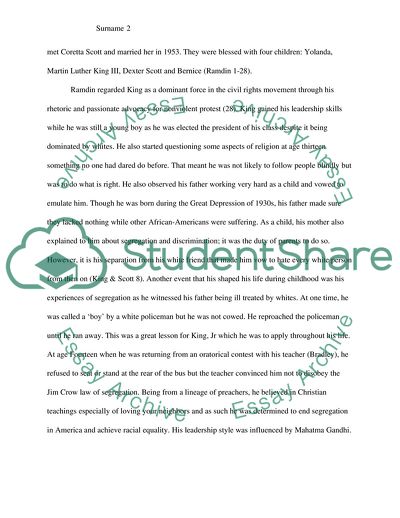Cite this document
(Why Is Martin Luther King, Jr Famous Term Paper, n.d.)
Why Is Martin Luther King, Jr Famous Term Paper. Retrieved from https://studentshare.org/biographies/1816185-essay-about-martin-luther-king-achievement-leadership-a-civil-rights-movement-speech-famous-saying-ect
Why Is Martin Luther King, Jr Famous Term Paper. Retrieved from https://studentshare.org/biographies/1816185-essay-about-martin-luther-king-achievement-leadership-a-civil-rights-movement-speech-famous-saying-ect
(Why Is Martin Luther King, Jr Famous Term Paper)
Why Is Martin Luther King, Jr Famous Term Paper. https://studentshare.org/biographies/1816185-essay-about-martin-luther-king-achievement-leadership-a-civil-rights-movement-speech-famous-saying-ect.
Why Is Martin Luther King, Jr Famous Term Paper. https://studentshare.org/biographies/1816185-essay-about-martin-luther-king-achievement-leadership-a-civil-rights-movement-speech-famous-saying-ect.
“Why Is Martin Luther King, Jr Famous Term Paper”, n.d. https://studentshare.org/biographies/1816185-essay-about-martin-luther-king-achievement-leadership-a-civil-rights-movement-speech-famous-saying-ect.


